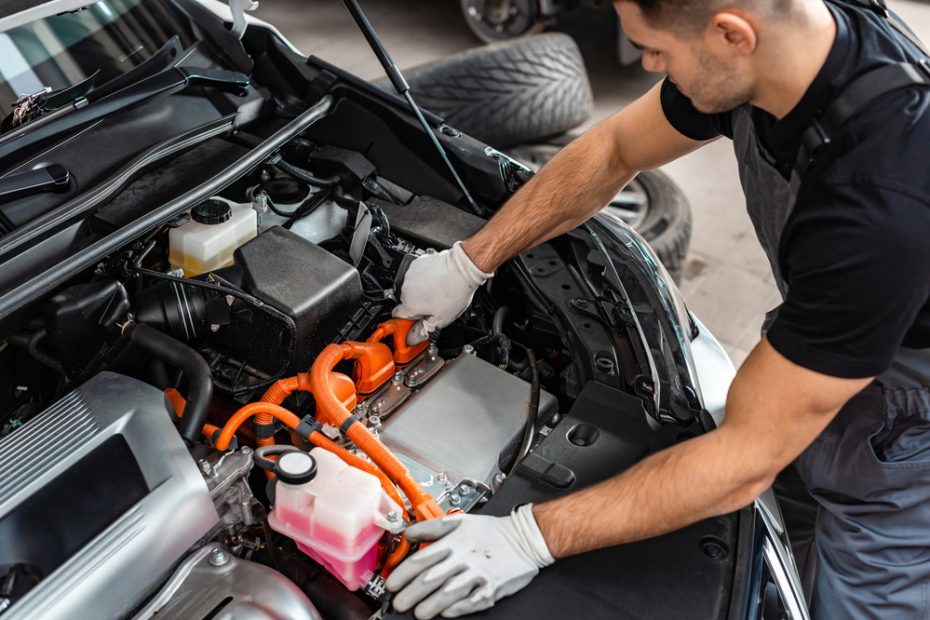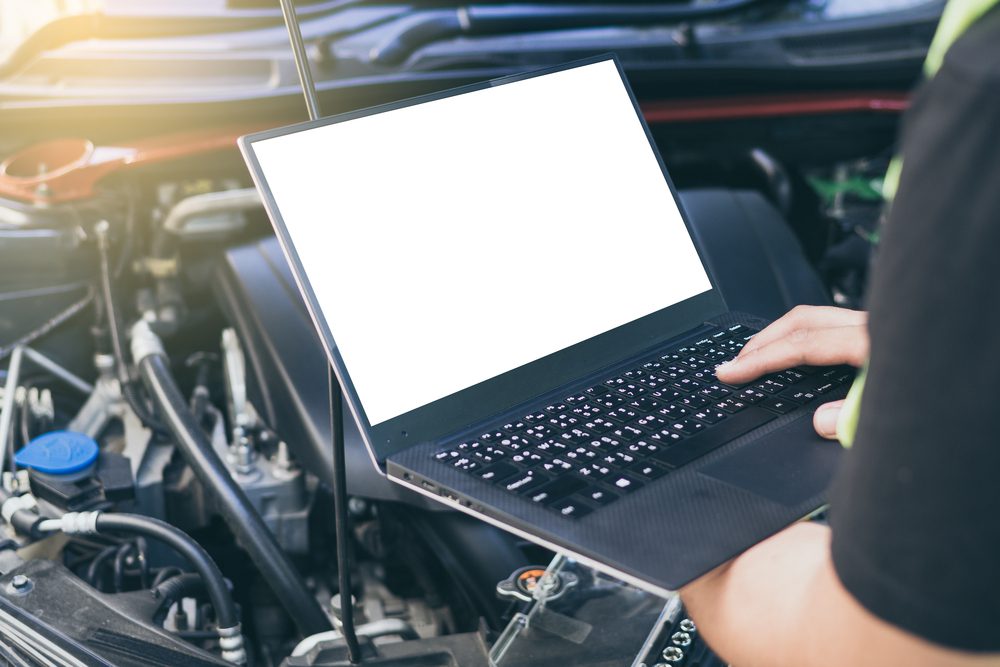How much does a tune cost?
When it comes to getting your car tuned, the cost can vary depending on several factors. From basic maintenance tune-ups to performance tuning, the price you pay will depend on the type of tune you need, the make and model of your vehicle, and where you go for the service.
The Different Types of Tunes
Before diving into the costs, it’s essential to understand the different types of tunes available:
1. Basic Maintenance Tune-up
A basic maintenance tune-up typically involves inspecting and adjusting components like spark plugs, air filters, and ignition systems. This type of tune-up is generally recommended every 30,000 to 45,000 miles to keep your vehicle running smoothly and efficiently. The cost for a basic tune-up usually ranges from £50 to £150, depending on the complexity of the job and the location of the service provider.
2. Performance Tuning
If you’re looking to enhance your car’s performance, you may opt for a performance tune. This involves modifying various engine parameters such as fuel mixture, ignition timing, and turbo boost pressure to improve horsepower, torque, and overall drivability. Performance tunes are more complex and require specialized knowledge and equipment. As a result, they tend to be pricier, ranging from £200 to £1000 or more, depending on the extent of the modifications and the expertise of the tuner.
Factors Affecting the Cost
The cost of a tune can be influenced by several factors:
1. Vehicle Make and Model
The make and model of your vehicle play a significant role in determining the cost of a tune. High-end luxury cars or performance vehicles often require more intricate tuning, which can be more time-consuming and costly. On the other hand, standard everyday cars might have simpler tuning requirements, resulting in a lower price.
2. Service Provider
The reputation, expertise, and location of the service provider can impact the cost. Established tuning shops with experienced technicians and state-of-the-art equipment may charge higher fees for their services. Additionally, geographical location and demand for tuning services can influence prices, with urban areas typically being more expensive than rural ones.
3. Customization and Modifications
If you’re looking for a personalized tune or have aftermarket modifications installed in your vehicle, this can increase the cost. Customizing a tune to suit specific preferences or accommodating aftermarket parts requires additional time and expertise from the tuner, resulting in higher charges.
Getting Value for Your Money
When considering the cost of a tune, it’s important to weigh it against the value you’ll receive. A well-executed tune can improve your car’s performance, fuel efficiency, and longevity. It’s crucial to choose a reputable and knowledgeable tuner who can deliver reliable results.
A tune done right can be a worthwhile investment, providing you with a smoother ride and potentially saving you money on fuel and future repairs.
Before committing to a tune, it’s advisable to gather quotes from different service providers and compare their offerings. Consider their experience, customer reviews, and the quality of their work. Remember that the cheapest option may not always be the best, so prioritize finding a tuner who offers a balance between price and expertise.
In conclusion, the cost of a tune varies depending on factors such as the type of tune, vehicle make and model, service provider, and customization requirements. By understanding these factors and doing your research, you can make an informed decision when it comes to tuning your car.
Should I Get My Car Tuned?
When it comes to improving the performance and efficiency of your car, getting it tuned can be a wise decision. But before you make a decision, there are a few things you should consider.
What is a Car Tune?
A car tune involves making adjustments to the engine’s computer system to optimize its performance. This can include adjusting the fuel-to-air ratio, ignition timing, and other parameters to enhance power, fuel efficiency, and drivability.
Benefits of Car Tuning
There are several benefits to getting your car tuned:
- Increased Power: A well-tuned car can deliver more power, allowing for better acceleration and overall performance.
- Improved Fuel Efficiency: By optimizing the engine’s performance, you can expect better fuel economy, saving you money in the long run.
- Enhanced Drivability: Tuning can improve throttle response and smooth out any roughness in the engine’s operation, resulting in a more enjoyable driving experience.
Considerations before Getting Your Car Tuned
Before you decide to get your car tuned, here are a few things to keep in mind:
- Warranty Concerns: Some car manufacturers may void your warranty if they find out that your car has been tuned. It’s important to check your warranty terms and weigh the potential risks.
- Qualified Tuning Specialists: For the best results, it’s crucial to find a reputable and experienced tuning specialist who understands your car’s make and model.
- Legal Considerations: In some countries, certain modifications made during the tuning process may not comply with local laws and regulations. Ensure you are aware of the legal implications.
“Getting your car tuned can be a great way to unleash its true potential.”
Cost of Car Tuning
The cost of car tuning can vary depending on several factors, including the make and model of your car, the extent of the modifications, and the tuning specialist you choose. On average, you can expect to pay anywhere from £200 to £1,000 for a professional car tune.
In conclusion, getting your car tuned can provide numerous benefits, such as increased power, improved fuel efficiency, and enhanced drivability. However, it’s important to consider any warranty concerns, find a qualified tuning specialist, and be aware of legal considerations. With careful consideration, getting your car tuned can be a worthwhile investment in improving its overall performance.
What to do before remapping a car?
Remapping a car’s engine can offer various benefits such as increased performance, improved fuel efficiency, and enhanced drivability. However, before jumping into the remapping process, there are a few important steps to consider:
1. Research and choose a reputable tuning company
Picking the right tuning company is crucial to ensure a successful remapping process. Look for companies with positive reviews, experienced technicians, and a good track record in the industry.
2. Understand your car’s warranty
Before proceeding with any modifications, it’s important to review your car’s warranty. Some manufacturers may void the warranty if the ECU (Engine Control Unit) has been tampered with. Consider whether you are willing to potentially void the warranty or if you should wait until the warranty period has expired.
3. Conduct proper maintenance and servicing
Prior to remapping, it’s essential to ensure your car is in good condition. Perform routine maintenance tasks such as oil change, air filter replacement, and spark plug inspection. Address any existing mechanical issues to prevent them from worsening after remapping.
4. Check for any outstanding recalls
Verify if your car model has any pending recalls that haven’t been addressed yet. It’s important to have these recalls fixed by the manufacturer before proceeding with remapping, as they may affect the performance or safety of your vehicle.
5. Evaluate your driving habits and needs
Consider your driving style and needs when deciding on the remap you want. Do you prioritize increased power, better fuel economy, or a balance of both? Communicate your requirements clearly with the tuning company to ensure they can offer a suitable remap tailored to your preferences.
6. Discuss the remap options with the tuning company
Consult the tuning company to explore the available remap options for your car model. They will have the expertise to provide guidance on the most appropriate remap for your desired outcomes.
7. Consider additional modifications
Depending on the condition and age of your car, you may want to consider complementary modifications to maximize the benefits of the remap. This could include upgrades to the exhaust system, intake system, or intercooler.
8. Prepare for potential changes in fuel consumption
While remapping can enhance fuel efficiency, it’s important to be prepared for potential changes in fuel consumption. Your driving style and road conditions can also influence the fuel economy after the remap, so adjust your expectations accordingly.
9. Test and evaluate the remapped car
After the remap is complete, take the time to test-drive the car under various conditions. Assess if the remap delivers the desired improvements and provides a satisfactory driving experience.
10. Maintain regular servicing and monitoring
Once the remapping is done, continue to maintain regular servicing of your car and monitor its performance. Regularly check for any warning lights or unusual behavior to address potential issues promptly.
Remember: Proper preparation before remapping is essential for a successful outcome. Take the time to research, choose a reputable company, and ensure your car is in good condition before proceeding.



